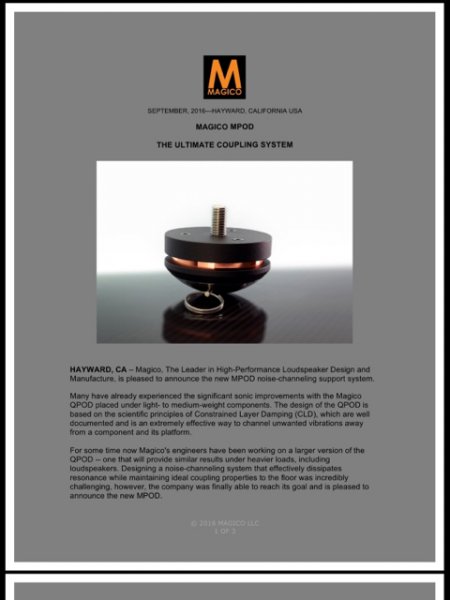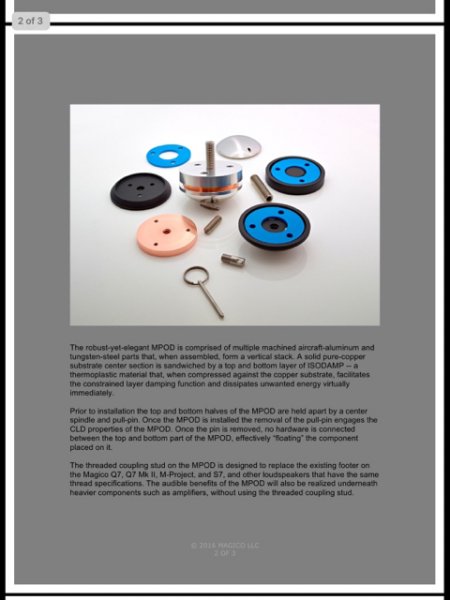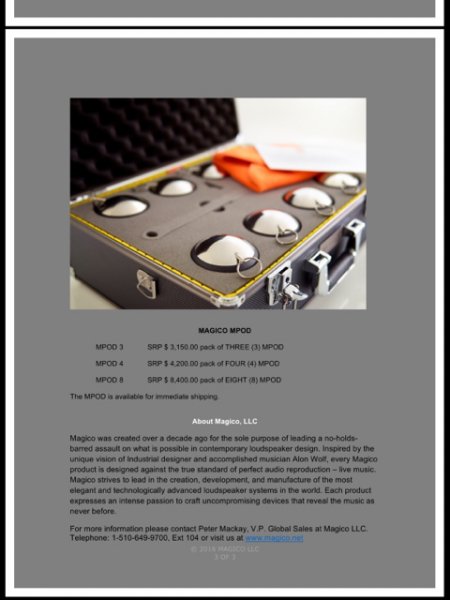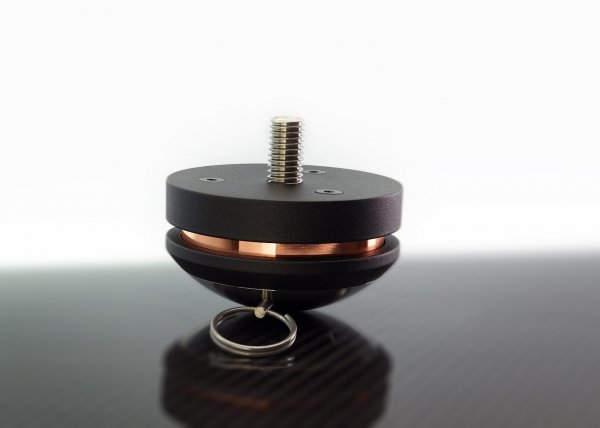My guess is that Caesar may be referring to the fact that ANYTHING that gets reviewed by a TAS reviewer always turns out to be the best thing since sliced bread and whatever that component may be it somehow always ends up besting the last best component they reviewed in the previous months issue.

I cant fathom anyone taking anything written in that magazine seriously. But, in their defense it is funny to hear about how often veils are lifted so maybe there is an entertainment value to it instead.
Ludwig Wittgenstein, one of the most influential philosophers of the last century and a language specialist had a special pet peeve for people over-using the word "lovely", saying "a lot of people who can't express themselves properly use the word very frequently..". Although Valin does compare somewhat, most TAS guys just call everything "BEST" because they can't really explain themselves...
Here are some thoughts I posted before pertaining to audio language and experiences:
Without context, a word like “dark” is really is nothing more or less than a word that anyone can use to indicate anything we please. The problem is that people seem pleased to use this one word to indicate a host of different things, which has created a tremendous terminological mess…
A lot of the mess stems from prior experiences – or a lack thereof. Hypothetically, if someone lacks the machinery for a sexual orgasm, then our experience of orgasm is one that this person will never know - no matter how much we talk about it.
Experiences of fine tequilas, string quartets in world class venues, caring deeds, ice cream, and high end audio are rich, complex, multidimensional, and impalpable. Because “Dark” is also an experience, it can only be approximately defined by its antecedents and by its relation to other experiences. That’s why I can’t stand reviewers like “worthless to the fan” Robert Harley who never compare, but just proclaim something as “best” because some new detail he heard tickled his analytical preference. Of course, it is best only in the “worthless one’s” imagination and contributes to fukc the audio fan culture that we live in…
Once we have an experience - hear a component that does something very new or very different – like speed and inner detail of a horn or magic of an electrostatic midrange driven by an OTL, we cannot simply set it aside and see the world as we would have seen it had the experience never happened.
Additionally, distorted views of reality are made possible by the fact that experiences are ambiguous -that is, they can be credibly viewed in many ways, some of which are more positive than others. Different moods, auditioning circumstances, people we like or don’t like, preconceived notions, etc., also affect experiences.
Furthermore, to complicate things even further, our remembrance of things past is imperfect, thus comparing our new understanding of “dark” with our memory of our old Dark is a risky way to determine whether two subjective experiences are really different.
Understanding other people may be one of the most complicated puzzles on earth. Many think they are experts at it – and are wrong! Others who come from a math and science background and have been conditioned that there is only one right answer poo poo this, selecting to see this hobby solely from the perspective of measurements.
Yet the ideas presented above are actually based on very rigorous science. Although not easy when applied wrong, such as by elite reviewers, it leads to misunderstandings and conflicts. (How many times have we been told by “transparency to source” / analytical guys that your system is old shti while something they got is best because they heard some new detail on the recording?)
But when applied properly, sharing experiences helps connect other human beings together in this hobby.











